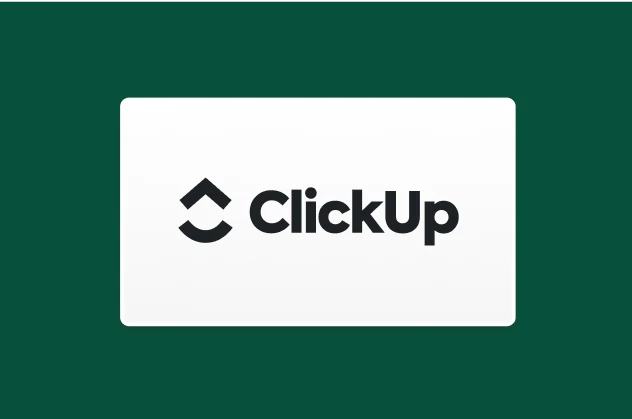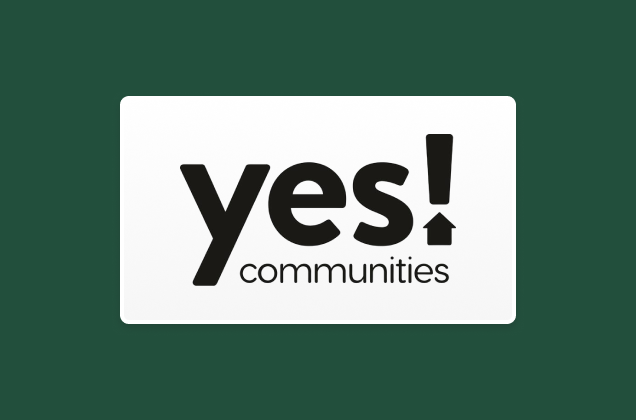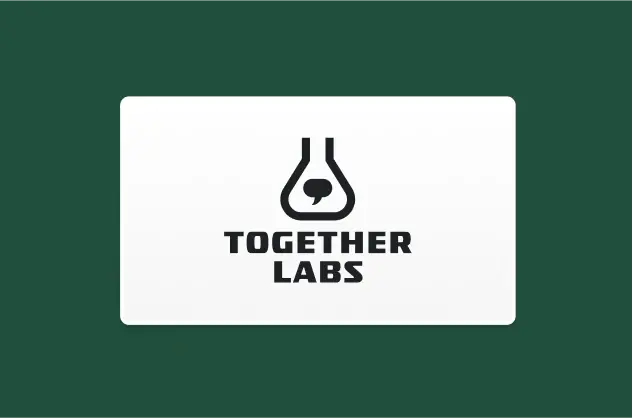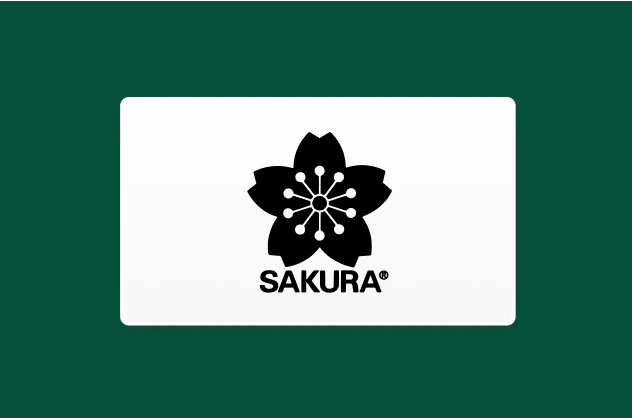
SurveyMonkey success stories
We power top brands and more than 17 million users. See how our customers drive growth with SurveyMonkey.












CUSTOMER SPOTLIGHT
How the Golden State Warriors build incredible experiences
With SurveyMonkey, the Warriors craft data-driven strategies to improve CX, understand their market and advance DEI.

Ryanair collects CSAT insights at scale

Box gets a 360-degree view of its customer journey

ClickUp creates a memorable big-game ad

woom bikes improves EX and CX in tandem

Hornblower listens to 20M global customers

Greyhound increases its NPS® by 15 points

YES Communities increases employee retention by 500%

Yu-Ai Kai supports older adults in its community

Bill Wilson Center enhances housing programmes

Together Labs boosts product development

Sakura gets creative with market research

Tweezerman grows its global brand strategy

Kajabi captures competitive insights

Carrot leverages HIPAA-compliant surveys

Women’s March Global amplifies the voices of 30K women
See what our customers say about us on G2
“Collecting data has never been easier with SurveyMonkey. With an intuitive interface and extensive customisation tools, organisations can design surveys that get rich, meaningful insights from their target audiences.”
Angelica R.
Operations Manager
“SurveyMonkey Enterprise allows users to customise surveys, analyse data, collaborate with teams and integrate with business tools such as Salesforce and Tableau. [It] also provides reliable customer support and a secure environment for sensitive data.”
Malik D.
User Experience Researcher & Designer
“I have used SurveyMonkey both in my professional setting and the non-profit I work with and love the ease of use, customisations and data insights.”
Shannon S.
CRM & Marketing Database Specialist
Discover what's possible for your organisation
Learn how SurveyMonkey can help you uncover brand and product opportunities, support your workforce, delight customers and more.
NPS, Net Promoter and Net Promoter Score are registered trademarks of Satmetrix Systems, Inc., Bain & Company and Fred Reichheld.